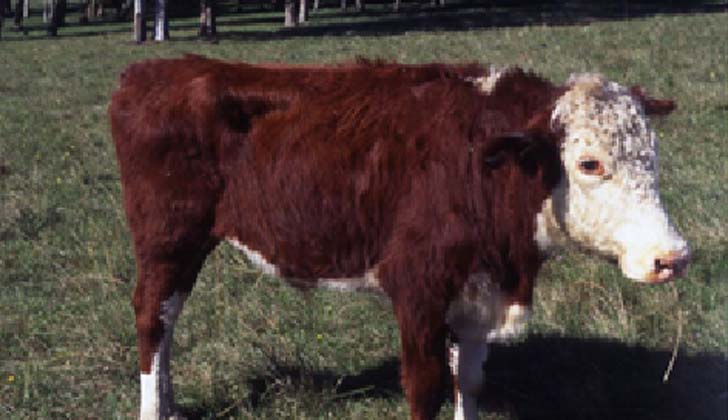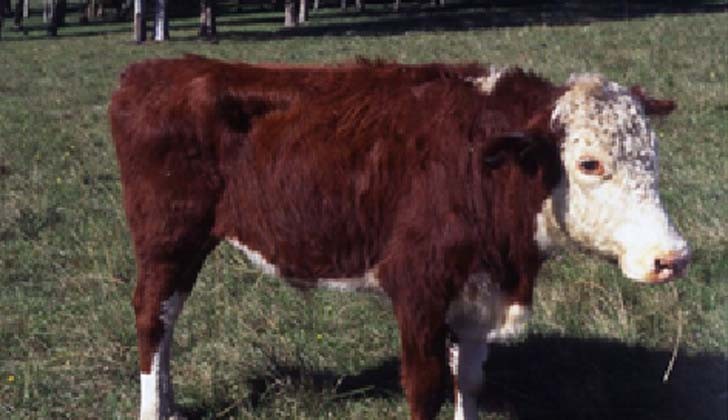
The Ministry of Livestock, Agriculture and Fisheries warned of situations of livestock poisoning.
The disease is called Bocopa and is caused by the Ramaria fungus known as “Eucalyptus fungus”.
This is a species of fungus that only affects livestock and is different from the edible mushrooms that are harvested at this time of year for human consumption.
The Ministry of Livestock reported that it is an emerging disease in Uruguay, given that the number of outbreaks increases year after year in parallel with the growth of “forestation and silvopastoral systems.”
High morbidity and mortality
The disease is of high morbidity and mortality and mainly affects cattle and sheep, but can also occur in domestic pigs, wild boars and horses, reported the Secretary of State.
The animals lose weight, drool due to extensive ulcerations and detachment of the epithelium of the tongue, suffer lameness due to detachment of the hooves or hooves, and there is hair loss, especially from the tail and even detachment and fall of the horns in horned animals.
In sheep, the disease presents with severe nervous signs, convulsions and hemorrhages in the anterior chamber of the eyes.
The lethality reaches 38% in cattle and 49% in sheep.
Veterinarians from the Animal Health Division of the General Directorate of Livestock Services are monitoring and visiting farms of producers, due to the occurrence of cases of poisoning in livestock due to ingestion.







